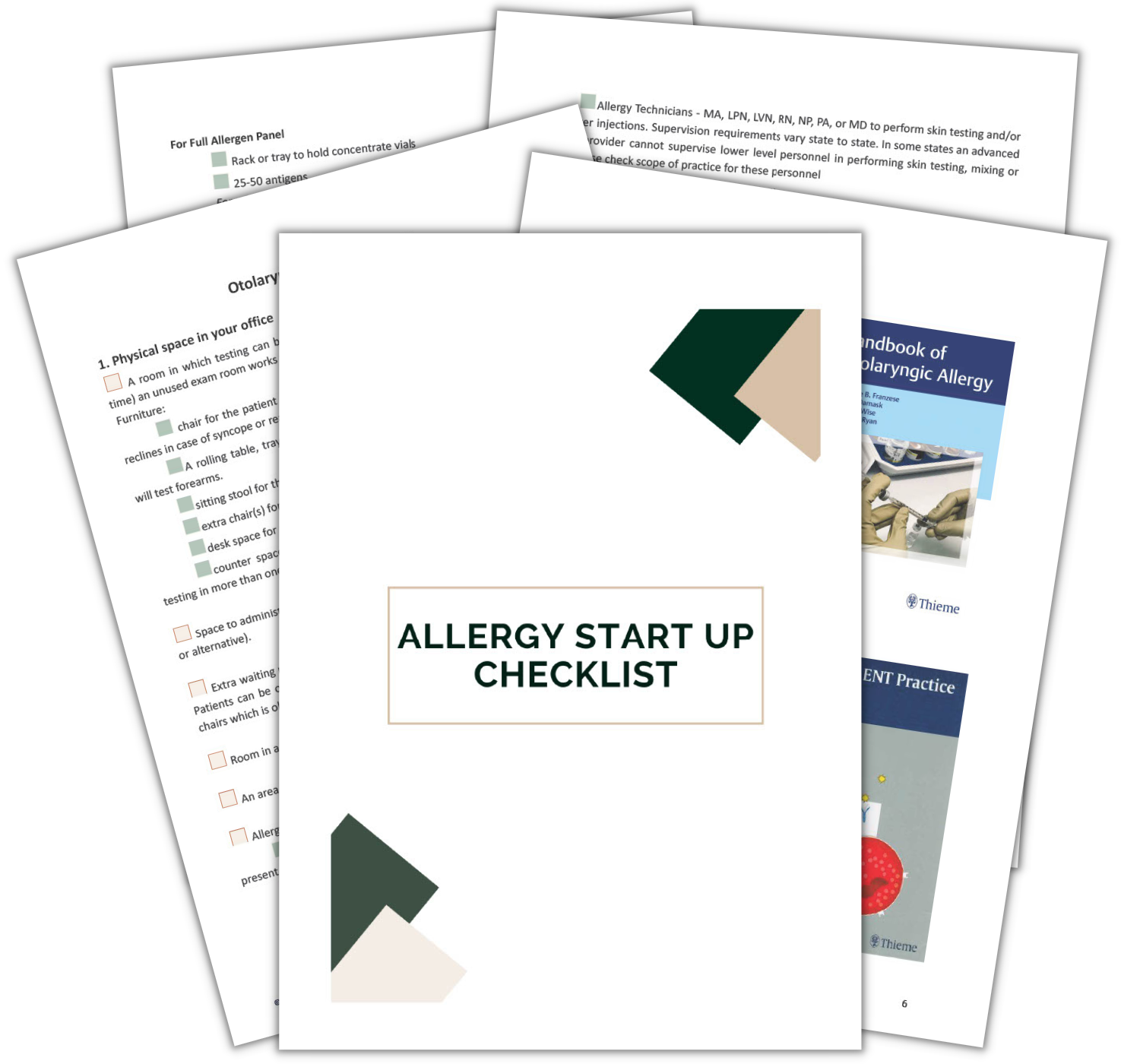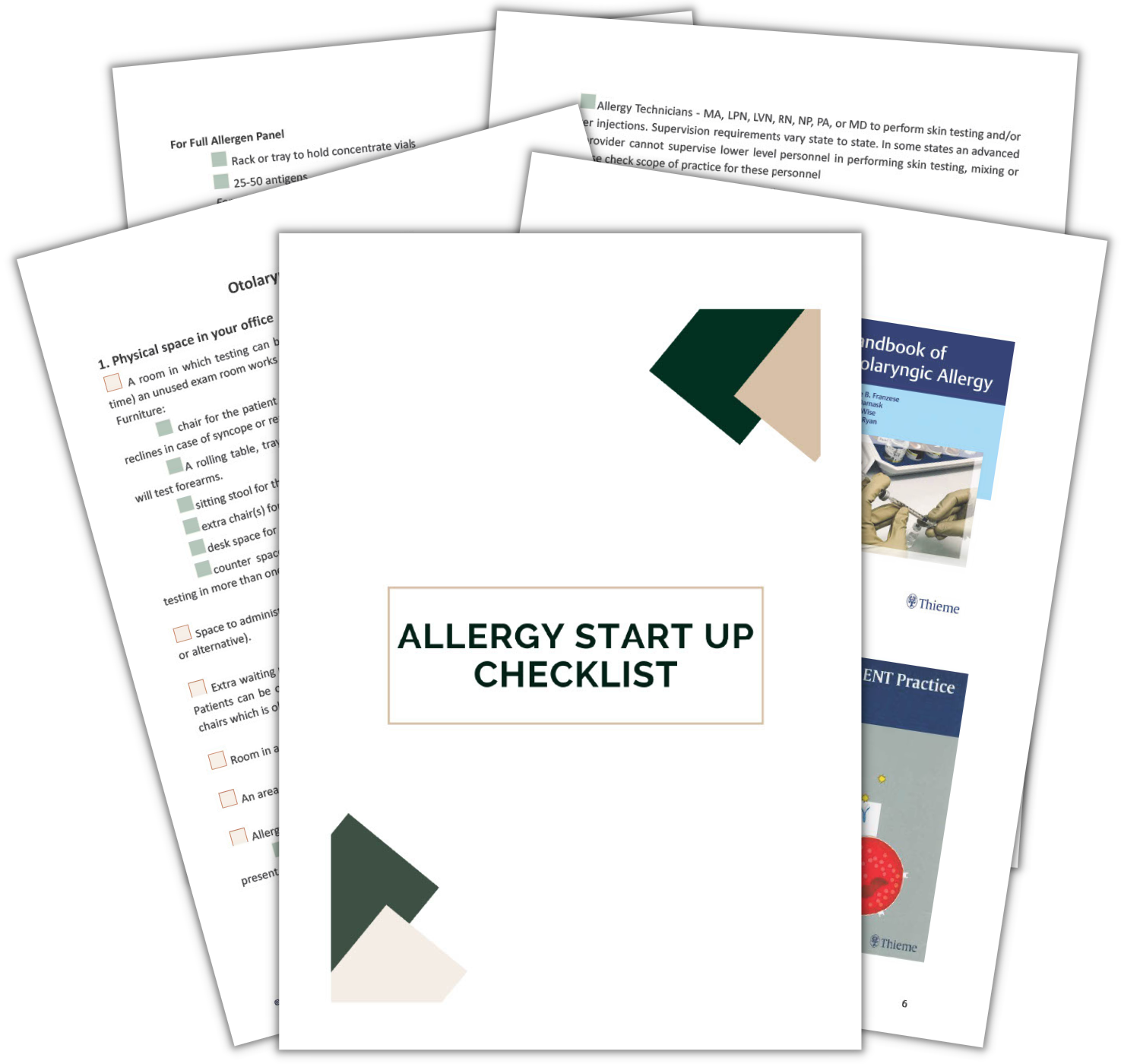The Surgeon Mindset
Dec 17, 2021
The Surgeon Mindset
I am an Ear, Nose, and Throat (ENT) specialist. After 20 years in private practice, I am still surprised every time someone gets to the end of a consultation in which I have offered surgery as the solution to their problem and asks me, “And who will be doing the surgery?”
Umm, Me. The ENT.…Surgeon. A small part of me wants to be offended about this and think it’s because I’m female, but then I think, maybe they just aren’t aware of exactly what ENT specialists do.
ENT. Formally known as Otolaryngology, Head and Neck Surgery. This means we diagnose AND TREAT conditions and diseases of the ears, nose, throat, face, and neck. This excludes only spine, brain, eyes, teeth and carotid artery vascular conditions above the collar bones. It INCLUDES such diverse topics as thyroid and endocrine surgery in the neck, hearing loss and ear wax, facial plastic surgery, allergy conditions, infections, voice, esophagus problems, sleep disorders, cancers and other problems of the skin, sinuses, mouth, throat or neck. But yes, ENT is a surgical specialty.
The mindset that comes along with that designation is quite different from that of general practice or the specialties that originate in internal medicine. Generally, ENT surgeons are concerned with finding and eradicating conditions that pose a threat to life, health, or quality of life. Chronic throat infections? Take out those tonsils. Neck mass? Remove it. Nasal blockage due to crooked anatomy? Fix it. Sinus infection? Drain it.
Only secondarily do we wind up treating more chronic conditions that require long term management. And in general, we are looking for the most definitive and effective kind of treatments. Prescribing medication that suppresses your symptoms and that you will continue to need throughout your life is the least satisfactory way to treat patients, in the eyes of a surgeon. We are always looking for methods, procedures or other treatments that PERMANENTLY resolve the condition we are treating. We are not satisfied with managing a condition or incrementally improving a symptom without curing it. We always want to know why something works, but sometimes, it’s enough that something does (or doesn’t) work.
Fairly early in my career I started noticing several things: “Sinus” patients frequently don’t get all the way better with surgery alone. General allergists aren’t always interested in administering shots (immunotherapy) to these patients for various reasons, and when they do, they still don’t always get better. Patients with allergies or sensitivities to pollen and other airborne substances frequently also have food sensitivities, sometimes have nearly negative skin or blood allergy testing, frequently have other medical conditions that influence how sick they are or how well they respond to treatment. In the course of figuring out how to best cure these patients I began taking courses in the subspecialty of Otolaryngic Allergy.
I learned of the pioneers of allergy who discovered and refined VERY interesting and effective ways to treat patients by Clinical Observation of large series of patients over years. Much of this was long before the discovery of antibodies or knowledge of any of the actual biochemical mechanisms by which allergy makes us sick. These techniques they discovered are no less effective today than they were when we began using them in the 19th century. Unfortunately, the nature of medical research has changed over the years and has become quite political. It would be impossible to fund and unethical to repeat the old experiments today to figure out exactly what is going on with some of the clinical responses that are seen. Practitioners who use these techniques generally do not have the funds and organization to publish large multicenter studies. In fact as most medical research today is funded and sponsored by the pharmaceutical drug industry in search of FDA approval and profit, rather than head to head comparisons to actually figure out WHAT TREATMENTS ACTUALLY ARE MOST EFFECTIVE. For these reasons these old methods are gradually falling out of favor as the literature that validates them get older and older.
Anyway, I began using these techniques 20 years ago. I have continued to draw from shared experience and knowledge of others who have been in practice even longer than that. My patients are the winners in this game, even as future generations may not be so lucky, or may have to go to alternative types of practitioners to get the same kind of treatment as their parents did. Patients today are less content to just do as they are told, and market demand for treatments that work will continue regardless.
I myself will keep looking for the answers, the procedures, and the techniques that produce the best and most definitive results for my patients whether they come out of the halls of Academic medicine or from innovative private thinkers. That, in my mind, is what the surgeon mindset is all about – do what works. My intent with this blog is to share with you, my readers my best experience about what works, and what you can do to help yourself.




